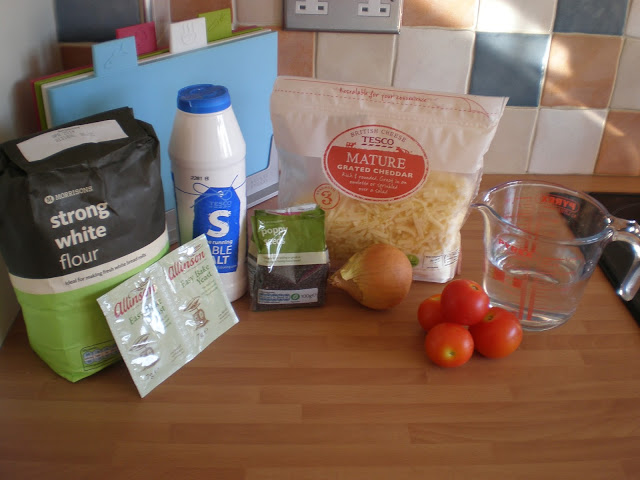Not a very creative title for a post all about creative writing, I
know but today’s post is going to be my thoughts on studying creative writing,
some tips for writing short stories and - oh why not? I'll even throw in some
book recommendations as well!
Yes, my full degree was English and American and Creative Writing.
Since that's a bit of a mouthful, I usually just say English and American Lit
and all is fine and dandy in the world. Most people find the idea of studying
creative writing is the equivalent to a chocolate kettle, and admittedly, it
does sounds strange to put a word limit or deadline on writing poetry or short
stories.
When I was applying for my degree I didn’t know what to expect
from my creative writing modules and if I’m honest, even after three years of
studying it I still don’t know if I loved it or hated it!
Of course they are no 'rules' with creative writing. This list is
full of contradictions and is by no means a step-by-step guide to writing the
next Harry Potter series. If it was that simple, we would all have a successful
novel under our belts! These are some tips that I have learnt during
my three years of studying the subject...
1. Avoid
cliché
This one is a little ‘pot, kettle, black’ (see what I did there?)
because everyone uses clichés. They
exist because they have an immediate resonance with people. If I write ‘heart
pounding, palms sweating’ you know that someone is anxious. However, try and
think of something a bit more off the wall (another cliché!). ‘Sally’s mouth felt like a desert’? Try
‘Sally’s felt as though her tongue was in a cracker eating competition which
banned the consumption water.’
2. Writing
is not therapy
There is a reason why therapists charge lots of money to hear your
life story, because quite honestly, nobody else wants to hear every. gory.
detail. Self-indulgent writing is fine for a first draft but that’s where it
should stay.
3. Sex
It isn’t shocking, it isn’t daring and quite frankly it gets a bit boring to
read. Same goes for drugs.
4. Write
what you know
This relates to point number 3. You can always tell immediately
when someone is writing about something they have never experienced. If you
write about what you know it will always sound more believable and the end result
will be something far more enjoyable for the reader.
5. Stuck
for ideas?
Writer’s block. Been there, done that and felt like ripping my
hair out. But sometimes you simply don’t have time for writer’s block because you need to hand an assignment in. Like
the common cold, there is no known quick fix for writer’s block. But may I
suggest ‘object writing’. Think of an object in your room (study/bedroom/kitchen).
Describe it. Write a list of associations – words, feelings, places, and
people. Where does it take you? Does the object have a story of its own? What
is your relationship to the object? Sometimes the exercise can form a plot of
its own, other times it is just the kick you needed to carry on writing.
6. “Say
what?!”
I would always try to avoid using dialogue in my short stories
because it always felt so forced or unnatural. Then someone told me to start
reading plays to get a better understanding of how dialogue should flow.
7. Observe
If you are stuck for ideas. Go out with your notebook and observe what is
around you. Real life is often far more strange than anything you can conjure
up in your head. Plus, it is always helpful to have some details noted down
which you can use in the future.
8. Show,
don’t tell
This can be hard, especially when developing characters. A lot of
popular fiction will introduce characters with a short description with their
personality traits. The aim with ‘show, don’t tell’ is to illustrate the
personality instead of saying it outright. Don’t tell me Beatrice is sneaky,
show me that she is through the choices she makes as a character.
9. Get
feedback
In my first year I was terrified at the prospect of showing another
person my writing, never mind a discussion with the entire seminar group! In
all honesty, you just have to ignore any feelings of embarrassment and just get
on with it. In the second and third year, my seminar groups organized small
meet ups where we would discuss material we had posted onto the group Moodle
page. Feedback is so important; not only can it help you get a better mark, it
also improves your ability as a writer.
10. READ!
The more you know, right? Try and find writers whose style you love and
admire because it will undoubtedly inspire you to keep on at it.
Well this leads me very neatly to my book recommendations!
These books are brilliant examples if you are planning to write about the self without sounding indulgent. True Tales of American Life, is actually a collection of anecdotes and the perfect example of the how there is something special in the mundane.
Even if you aren't studying creative writing, I thoroughly recommend that you check these out!







.jpg)



































